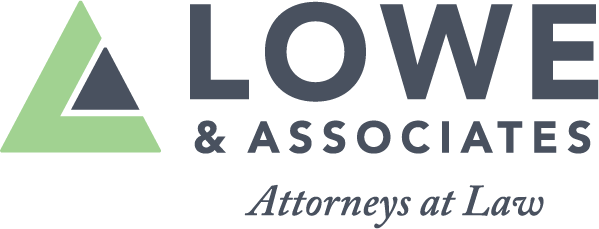
On January 4, 2022, the Ninth Circuit overturned a lower court’s decision to certify two classes of performers and musicians who sued online concert archive Wolfgang’s Vault for alleged copyright infringement, finding that “individual issues predominate over the ones affecting the proposed classes.”
In an unpublished opinion, a three-judge panel said that musician Greg Kihn, the artist who performed the 1989 hit song “Jeopardy,” improperly “tailored the classes to the merits” of his own claims that Wolfgang’s Vault violated intellectual property rights by streaming “bootleg” audio and video recordings of live rock shows that were not officially released by the artists themselves.
Kihn claimed that neither he nor any of the other artists in the class consented to the recording or distribution of video of his concerts. However, after Wolfgang’s Vault provided evidence that some concerts were recorded with consent, he attempted to “redefine the classes to exclude those concerns.”
“Plaintiffs may not accommodate differentiated evidence of their own consent while asking that every other artist’s recording be presumed unauthorized and included in the classes by default,” the panel wrote, sending the case back to federal court for further proceedings.
Kihn and his publishing company, Rye Boy Music LLS, filed suit in 2017 alleging that the websites wolfgangs.com and concertvalut.com were unlawfully streaming bootleg, unauthorized recordings of rock concerts made between 1950-1995. Previously, U.S. District Judge, the Honorable Yvonne Gonzalez Rogers, ruled that performers and composers led by Kihn and Rye Boy could pursue their claims against the owners of Wolfgang’s Vault, as a “certified class.” The defendants appealed.
At oral arguments in December 2021, U.S. Circuit Judge Michelle Friedland noted Kihn’s case had an issue because of his decision to later drop class claims against Wolfgang’s Vault for recordings from the radio show “King Biscuit Flower Hour.” As it turned out, Wolfgang’s Vault had obtained agreements from the performers, including Kihn, for the radio show. Judge Friedland stated that it seemed strange to have the court “assume that every recording on the website was not consented to” when Kihn “consented to some of them.”
Kihn, his publishing company, and their class of musicians and composers are represented by Melissa S. Weiner and Matthew A. Pearson of Pearson Simon & Warshaw LLP and Neville L. Johnson, Douglas L. Johnson, and Arun Dayalan of Johnson & Johnson LLP.
The defendants are represented by Michael S. Elkin, Thomas Patrick Lane, and Erin R. Ranahan of Winston & Strawn LLP.
The case is Greg Kihn et al. v. Bill Graham Archives LLC et al., case number 20-17397, in the U.S. Court of Appeals for the Ninth Circuit; case number 4:17-cv-05343, in the U.S. District Court for the Northern District of California.
* Lowe & Associates (“The Firm”) is an entertainment and business law firm located in Beverly Hills, California. The firm has extensive experience handling cases involving copyright law having provided top-quality legal services to its clients since 1991. The Firm is recognized for its many achievements, including successfully litigating many high-profile cases.
Find us at our website at www.LoweLaw.com
